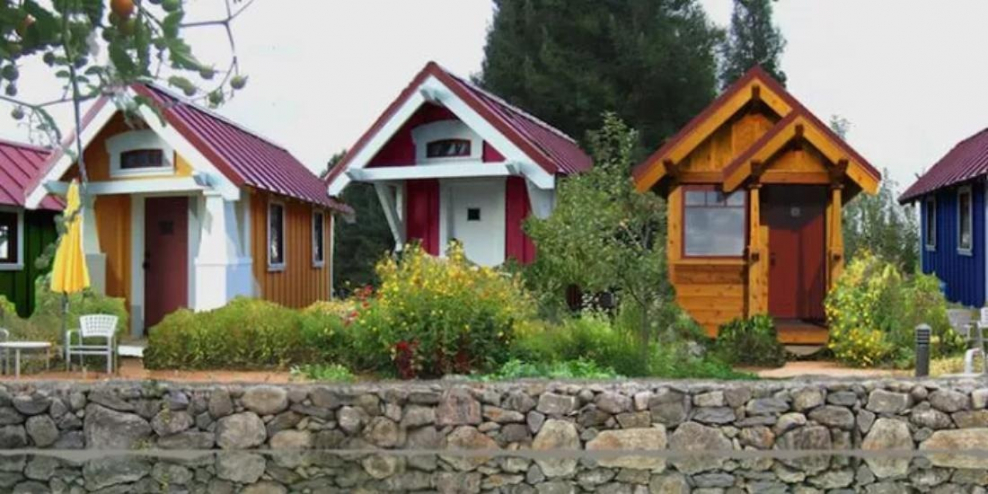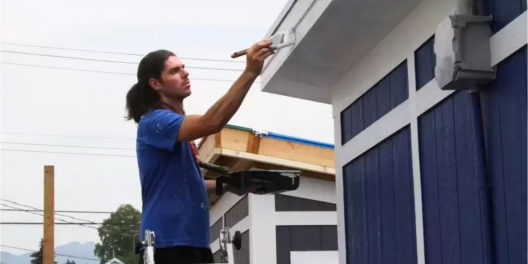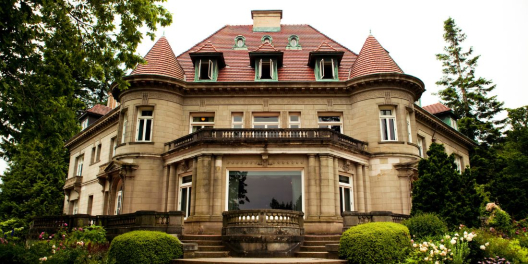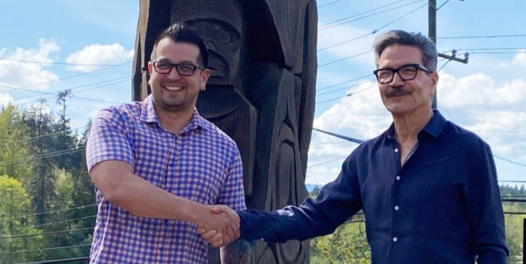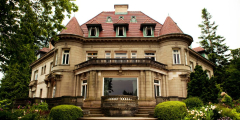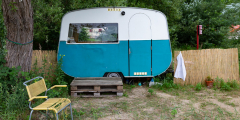Port Alberni is taking a big step into the future. Picture a world where all our most vulnerable people are given their own home within a community that cares.
This is the vision that Port Alberni Friendship Center, the City of Port Alberni and the Hupacasath First Nation, Tseshaht First Nation, and Nuu-chah-nulth Tribal Council are bringing to life.
The coalition is building a housing community called Watyaqit Tiny Home Village with financial help from BC Housing.
These are not just little houses. They are truly homes. Watyaqit will give the individuals staying in them the help, support, and sense of culture and community that can truly change lives.
Each “tiny home” will be about 8 x 15 ft. It’s essentially a clean and safe sleeping pod with hydro and Wi-Fi. The essential part of these homes is that they’ll all be situated in one area to create the village.
The 15 tiny homes will share two washrooms and group space.
A staffed office will provide support 24/7, including access to counselling and other services. Meals will be provided daily, along with community events that focus on traditional First Nations-based support systems.
Cyndi Stevens is the executive director of Port Alberni Friendship Centre. She told Alberni Valley News that the goal is to truly help people recover, and not just feel at home in the village, but in themselves again.
“We will treat it like a little community. We’re really looking forward to being able to provide a place where they can shower and feel like it’s a home and a community, where they’re actually cared for. That their life has some meaning and purpose and that they can feel there’s a future for them.”
The village is intended as a temporary housing centre. While it has a focus on helping Indigenous folks, its doors are open to people from all backgrounds.
Port Alberni Mayor Sharie Minions expressed gratitude for all the people and organizations that have contributed to the project.
She said it will have a huge effect on citizens living in dangerous and inhumane situations. Specifically, people who’ve been living in unsafe recreational vehicles on private property on 4th Avenue. They will likely be the first people brought into the housing project.
“We feel extremely fortunate to receive this funding… I want to thank each of these groups today for their dedication to providing safe, accessible, and affordable housing in our community,” she said.
This project is groundbreaking. Mariah Charleson is the vice-president of the Nuu-chah-nulth Tribal Council. She says the project reframes housing as a “human right that everyone should have the ability to access without discrimination and further marginalization.”
We can’t wait to see the effect this project has not only on the citizens it helps, but on how we as Canadians choose to support our people who need it most.
